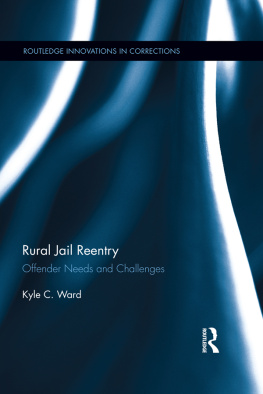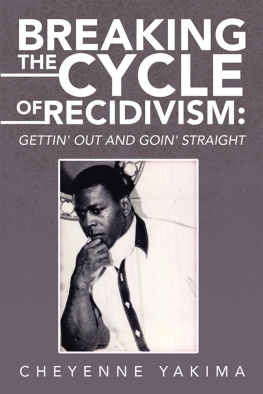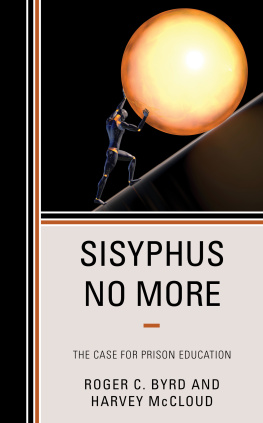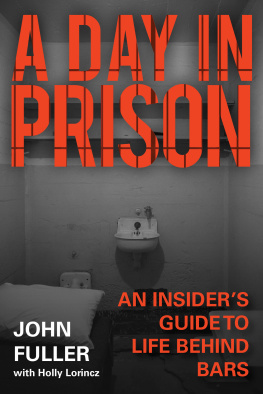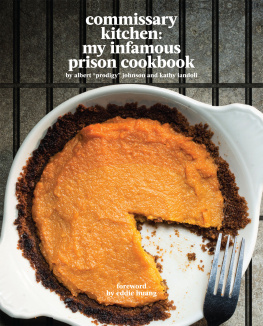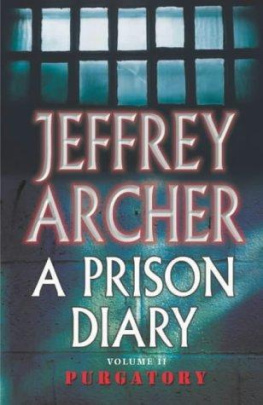Jennifer A Schlosser - Inmates Narratives and Discursive Discipline in Prison: Rewriting personal histories through cognitive behavioral programs
Here you can read online Jennifer A Schlosser - Inmates Narratives and Discursive Discipline in Prison: Rewriting personal histories through cognitive behavioral programs full text of the book (entire story) in english for free. Download pdf and epub, get meaning, cover and reviews about this ebook. year: 2015, publisher: Routledge, genre: Politics. Description of the work, (preface) as well as reviews are available. Best literature library LitArk.com created for fans of good reading and offers a wide selection of genres:
Romance novel
Science fiction
Adventure
Detective
Science
History
Home and family
Prose
Art
Politics
Computer
Non-fiction
Religion
Business
Children
Humor
Choose a favorite category and find really read worthwhile books. Enjoy immersion in the world of imagination, feel the emotions of the characters or learn something new for yourself, make an fascinating discovery.

- Book:Inmates Narratives and Discursive Discipline in Prison: Rewriting personal histories through cognitive behavioral programs
- Author:
- Publisher:Routledge
- Genre:
- Year:2015
- Rating:5 / 5
- Favourites:Add to favourites
- Your mark:
Inmates Narratives and Discursive Discipline in Prison: Rewriting personal histories through cognitive behavioral programs: summary, description and annotation
We offer to read an annotation, description, summary or preface (depends on what the author of the book "Inmates Narratives and Discursive Discipline in Prison: Rewriting personal histories through cognitive behavioral programs" wrote himself). If you haven't found the necessary information about the book — write in the comments, we will try to find it.
The question of what works in offender treatment has dominated the field of prisoner re-entry and recidivism research for the last thirty years. One of the primary ways the criminal justice system tries to reduce the rates of recidivism among offenders is through the use of cognitive behavioural programs (CBP) as in-prison intervention strategies. The emphasis for these programs is on the idea that inmates are in prison because they made poor choices and bad decisions. Inmates thinking is characterized as flawed and the purpose of the program is to teach them to think and act in socially appropriate ways so they will be less inclined to return to prison after their release.
This book delves into the heart of one such cognitive behavioural programme, examines its inner workings, its effects on inmates narrated experience and considers what happens when a CBP of substandard quality and integrity is used as a gateway for inmates release.
Based on original empirical research, this book provides realistic suggestions for improving policy, for reforming current in-prison programs engaging in problematic practices and for instituting alternatives that take the needs of the inmates into greater account. This book is essential reading for students and academics engaged in the study of sociology, criminal justice, prisons, social policy, sentencing and punishment.
Jennifer A Schlosser: author's other books
Who wrote Inmates Narratives and Discursive Discipline in Prison: Rewriting personal histories through cognitive behavioral programs? Find out the surname, the name of the author of the book and a list of all author's works by series.

